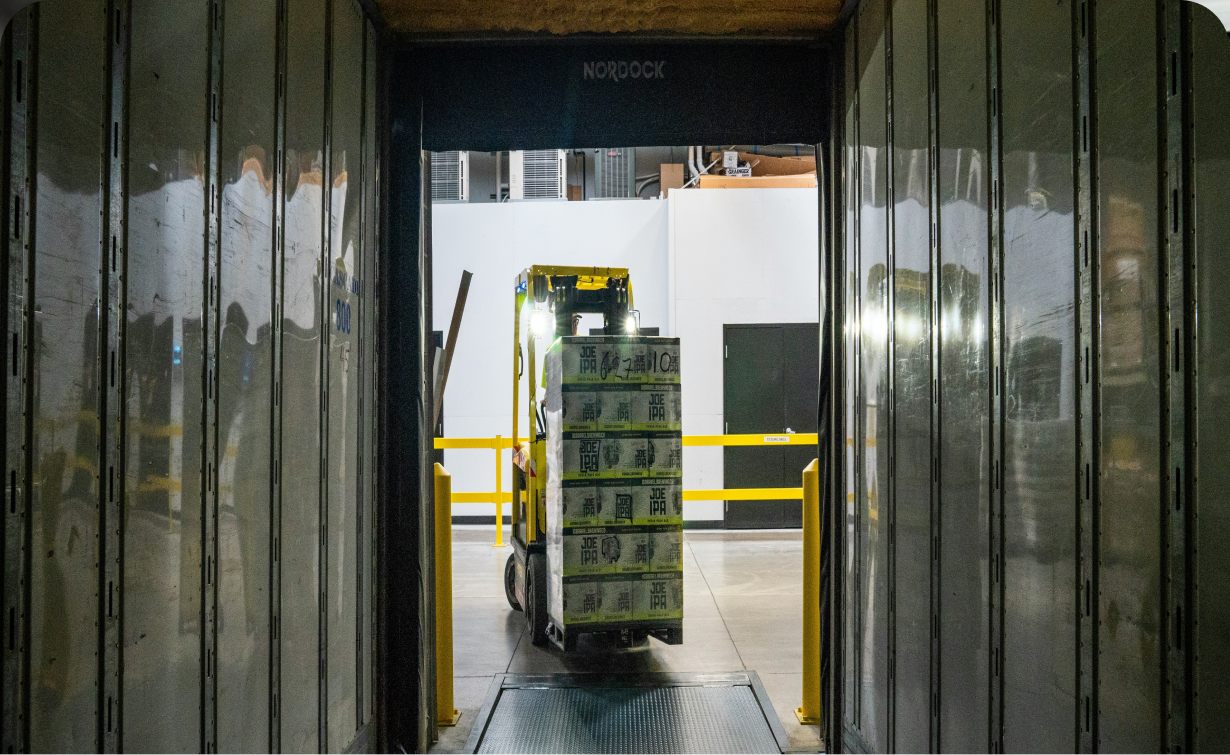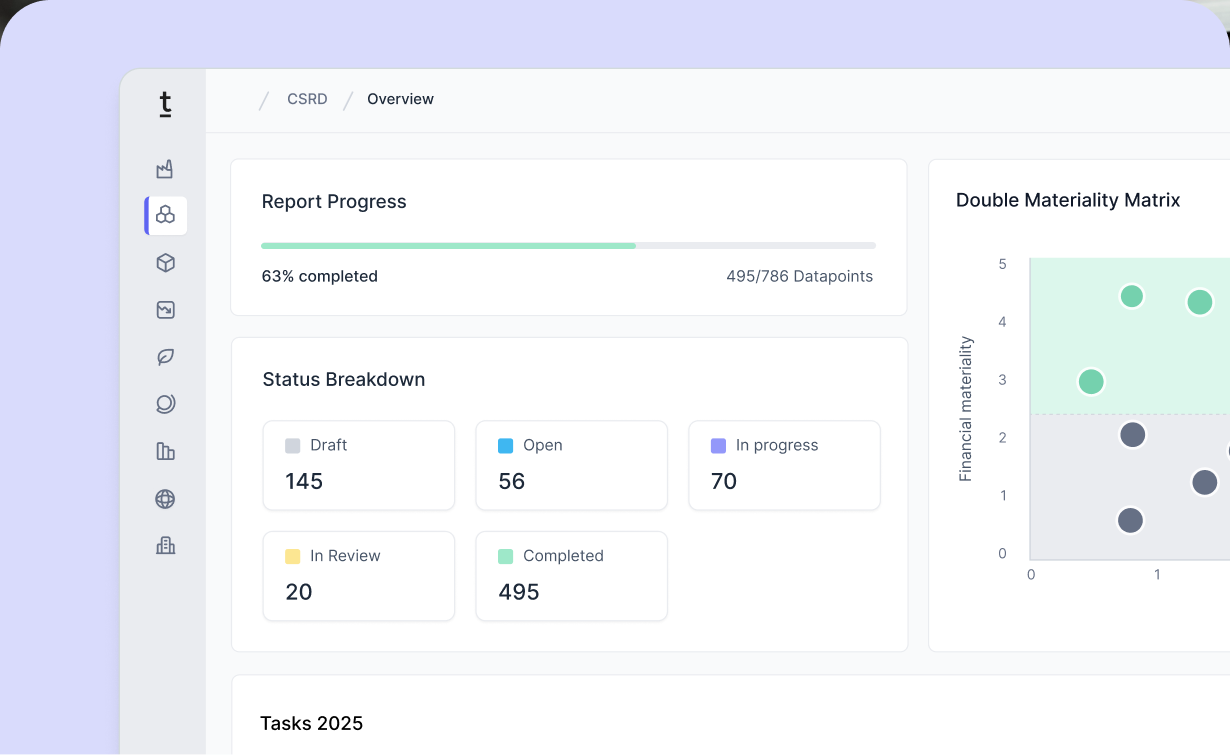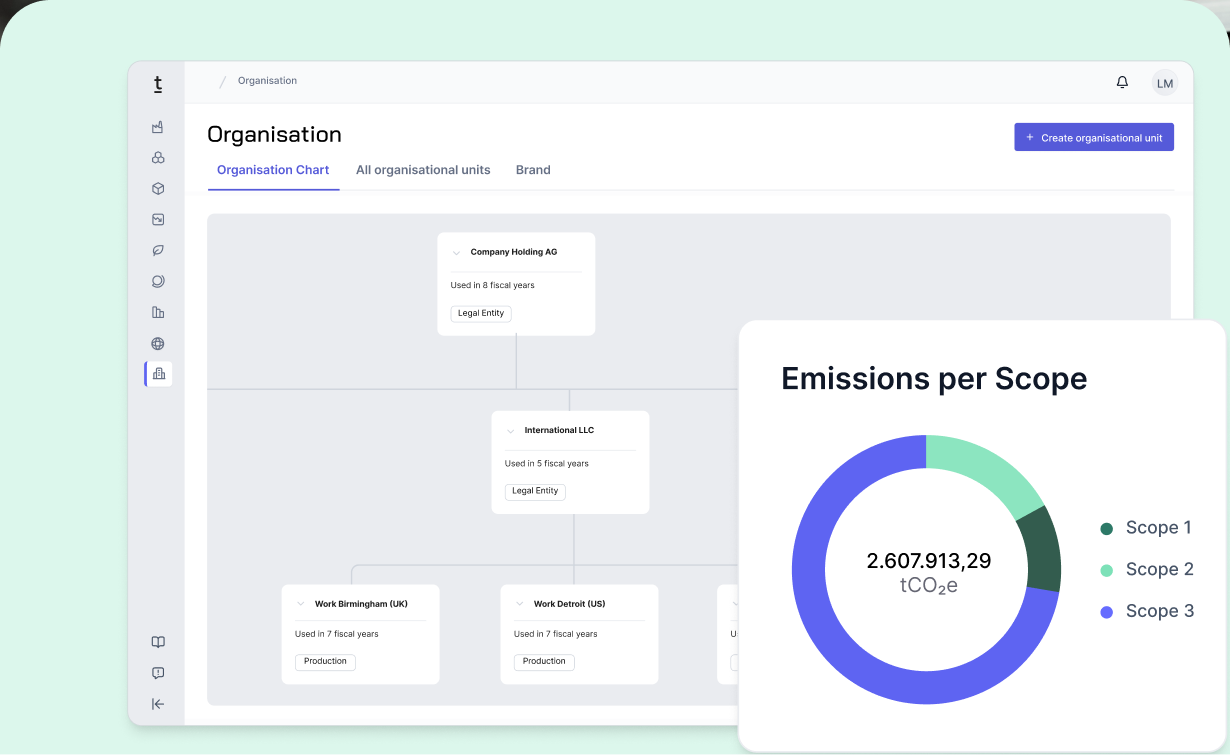Audit-proof implementation of the Double Materiality Assessment at implantcast

In preparation for the CSRD reporting requirements, implantcast faced the task of conducting a double materiality assessment (DMA) for the first time. Without suitable software support, this process involved considerable uncertainty—particularly regarding a structured approach and content evaluation.
At the same time, calculating Scope 3 emissions, especially using Excel, proved to be time-consuming and prone to errors. To establish a methodologically sound process from the outset and to build the necessary know-how regarding regulatory requirements, the management team proactively searched for a suitable solution.
About implantcast
implantcast is a leading German manufacturer of endoprostheses and customized implant solutions for orthopedics and trauma surgery. The company pursues a comprehensive sustainability strategy focused on local value creation, CO₂ reduction, and resource conservation. Over 92% of materials and services are sourced from Germany and Europe to make supply chains more resilient and climate-friendly. implantcast aims to achieve CO₂ neutrality by 2030 and relies on renewable energy, e-mobility, and innovative packaging solutions. As one of the few German manufacturers of joint replacements, the company produces exclusively in Germany.
Initial situation and measures in the area of sustainability
Driven by the strong sustainability commitment of its management, implantcast published its first voluntary sustainability reports as early as 2022. This made it clear how complex and multi-layered the requirements are, particularly in view of the upcoming CSRD reporting obligations. It quickly became evident that, without a structured approach and external support, the topic could not be addressed alongside day-to-day operations.
To implement the process as independently as possible and build lasting sustainability expertise within the company, the medical technology company deliberately chose a software solution over external consulting.
Challenges
- Conducting the Double Materiality Assessment (CSRD): The lack of a methodological foundation made it difficult to prioritize relevant topics and to involve the right stakeholders effectively.
- Scope 3 data collection: Insufficient clarity about relevant data points and limited feedback from the supply chain led to significant gaps in the required primary data.
- Lack of data transparency: Uncertainty regarding the selection, collection, and structuring of relevant sustainability data.
- High manual effort & lack of methodological know-how: Collecting and preparing sustainability data was extremely time-consuming, and the lack of expertise made it harder to begin reporting in a structured way.
- Corporate structure & lack of integration: International subsidiaries (e.g., in the UK and Thailand) were initially not included; in addition, differing understandings of sustainability made it difficult to establish a unified perspective.
Why implantcast chose Tanso as its sustainability software
With Tanso, the requirements of the CSRD reporting obligation and carbon accounting can be managed centrally on one platform. Key factors in implantcast’s decision were the integrated double materiality assessment—including auditor access—as well as the four-eyes principle, which ensures audit-proof sustainability reporting. The intuitive user interface and the methodological support from Tanso’s expert team in structuring and collecting data also played a significant role in the decision. Another decisive factor was the AI-powered features, which noticeably simplify the report creation process.
Results achieved by using the Tanso software
The introduction of the Tanso platform has led to noticeable improvements in sustainability reporting at implantcast, both in terms of technical content and operational execution. Especially in implementing CSRD requirements and carbon accounting, measurable successes were achieved thanks to intuitive usability, structured processes, and methodological support.
Key achievements
- Audit-proof implementation of the double materiality assessment: The materiality analysis was conducted in a structured manner with the involvement of all relevant stakeholders. The auditor not only confirmed the traceability of the methodology, but was particularly impressed by the high level of detail down to the sub-topic level and the precise, pragmatic implementation, carried out entirely in-house and without external consulting.
- Creation of the Corporate Carbon Footprint including Scope 3 data for the entire organization: The platform enabled easy data collection across various departments and organizational levels, from initial input to independent report generation.
- Data-driven actions & efficiency gains: With the help of the integrated analytics feature, optimization potentials were identified and measures such as the transition to e-mobility were initiated. By introducing structured processes, manual Excel sheets were replaced and the workload was reduced by around 50%.
- Internal knowledge building & change management: Thanks to Tanso’s clear data architecture and hands-on implementation, in-depth knowledge was built within the company. The broad involvement of all relevant departments not only fostered transparency, but also strengthened sustainability awareness and decision-making capabilities across all levels.
Outlook
The postponed reporting obligation under the Omnibus initiative is seen by implantcast as a strategic opportunity: the additional time is being used to implement the requirements of sustainability reporting in a structured manner. The 2024 sustainability report serves as a gap analysis to identify and close data collection gaps at an early stage. The goal is to establish a standardised reporting process by 2026 that enables auditable and future-proof sustainability reporting.


















































.avif)







.jpg)
.jpg)




















-p-800.webp.avif)
-min-p-800.webp.avif)






-p-800.webp.avif)

